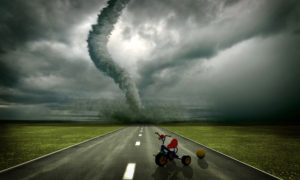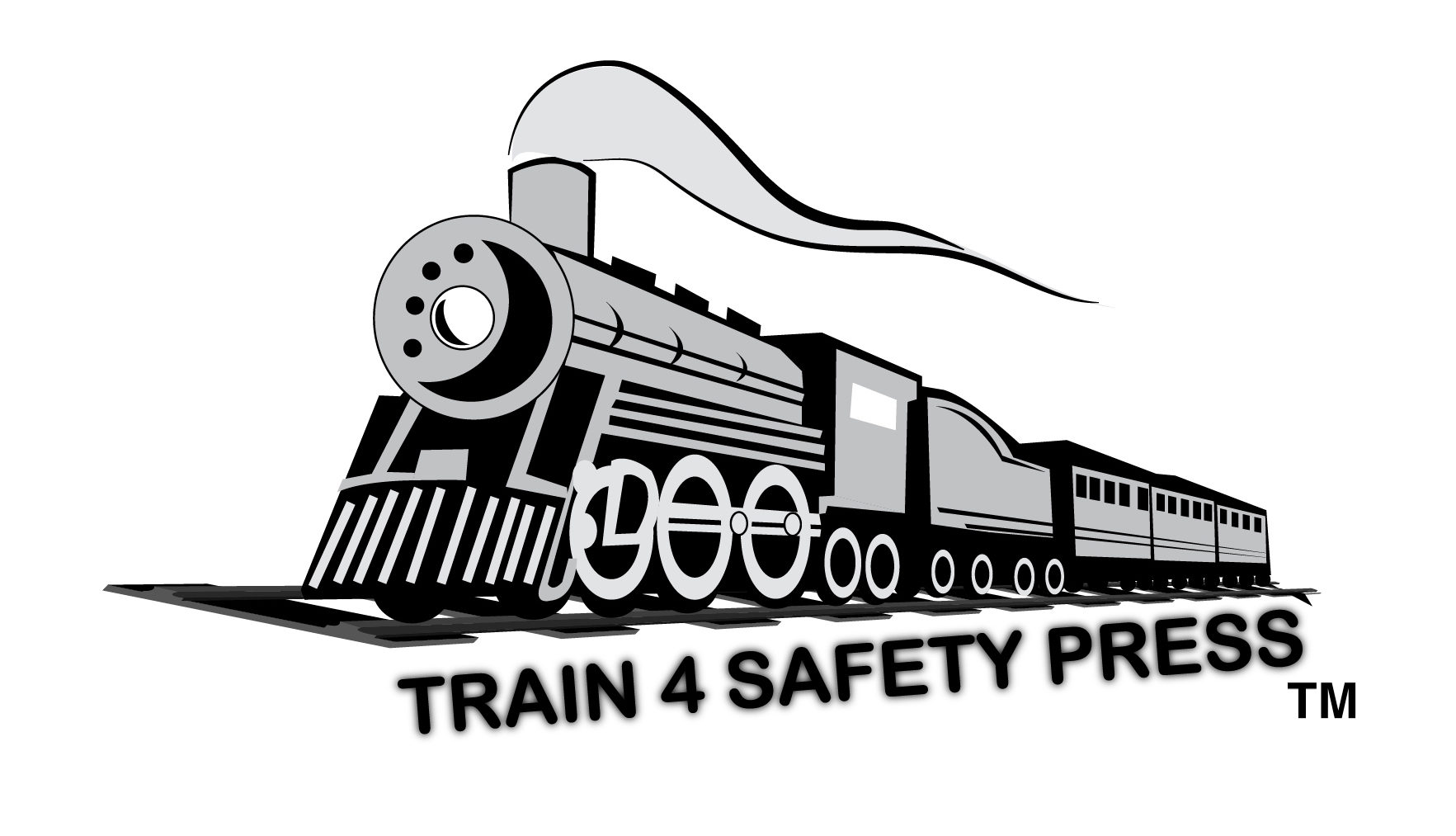
It’s scary. I get it. No one wants to tell children anything bad could happen, and for the most part we don’t need to. We all know they could get terribly hurt running into a parking lot with cars, but we don’t tell them about how they might go to the hospital or end up worse. We do however, talk to them about being safe, making good choices, and not doing things that could result in being hurt.
In a lot of ways, talking about disaster is the same. We don’t focus on the destruction a tornado can cause, how their lives could be uprooted, or what other things could dramatically change. We can however, talk about how they can be as safe as possible.
There are no guarantees in life for anything. We can’t guarantee that a car in the parking lot won’t do something stupid, just as we can’t guarantee the tornado will miss a child’s house, school, or childcare. But we, as parents, as childcare providers, as educators, as caregivers, as emergency managers, and as community members, can arm our children with the tools to succeed. We owe them that.
So what is my point? Well, last year I had to try and explain to my 4-year old that she and her brother might be woken up in the middle of the night to go into the basement if there was a tornado warning. Yes, it was already dark and yes there was a storm outside. Needless to say, I did a very poor job trying to prepare her, ultimately I scared her. Never again I vowed. That was when I discovered that no one was talking to young kids (toddler, preschool, or kindergarten) about scary things in a non-scary language they could understand. So I decided to come up with a plan to do just that.
I started Train 4 Safety Press to develop picture books that could be used to help empower kids before the disaster hit. Initially I found a few books out there on the science of disaster, but not enough that helped tell kids what to do when it was happening. Our first book Elephant Wind tackles what to do during a tornado and we are looking at earthquakes for our next book.
Children have a great capacity for building their own resilience. Teaching them how to protect themselves and others in a few simple steps, before bad things happen, can be very powerful and hopefully have a great impact.
I keep going back to the 2004 Indian Indian Ocean Tsunami. A little British schoolgirl (she was 10 I think) remembered something about earthquakes and what that receding water meant. She got her family and others out of harms way. Just imagine what our children can do if they start learning about disaster at 3!?!
So, let me ask, what are you doing to help children prepare, and how can we do it better?
